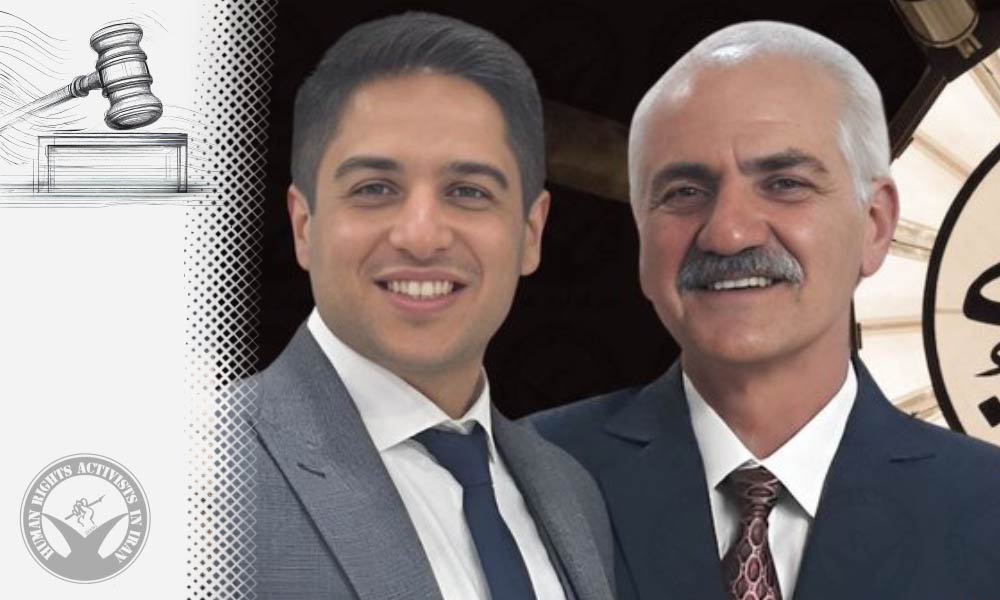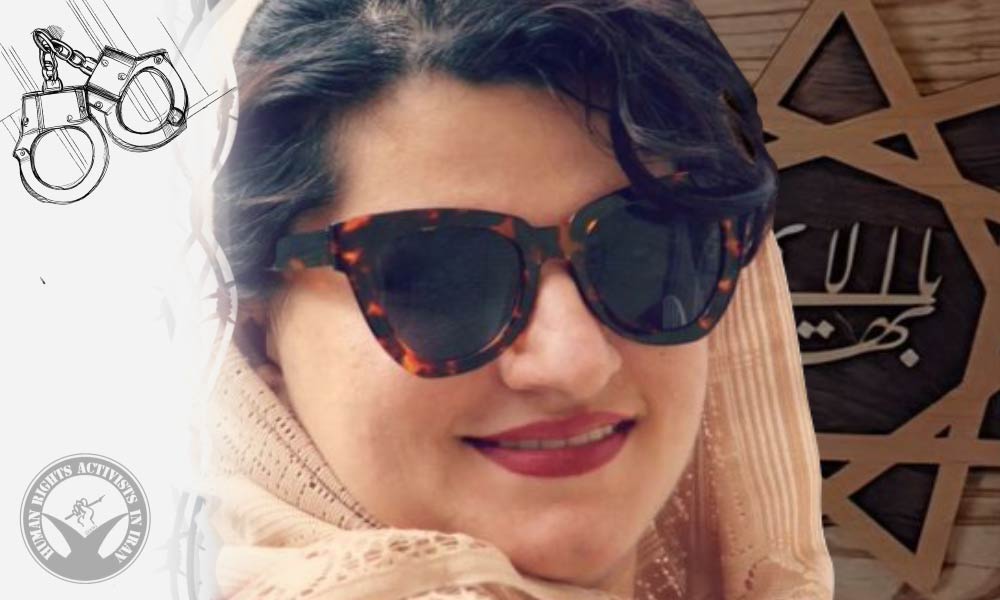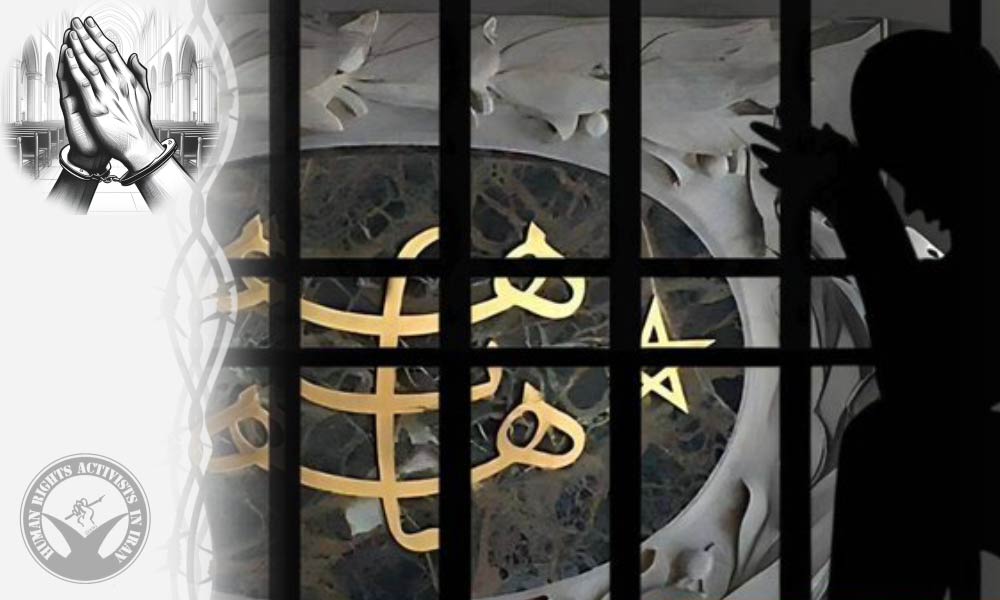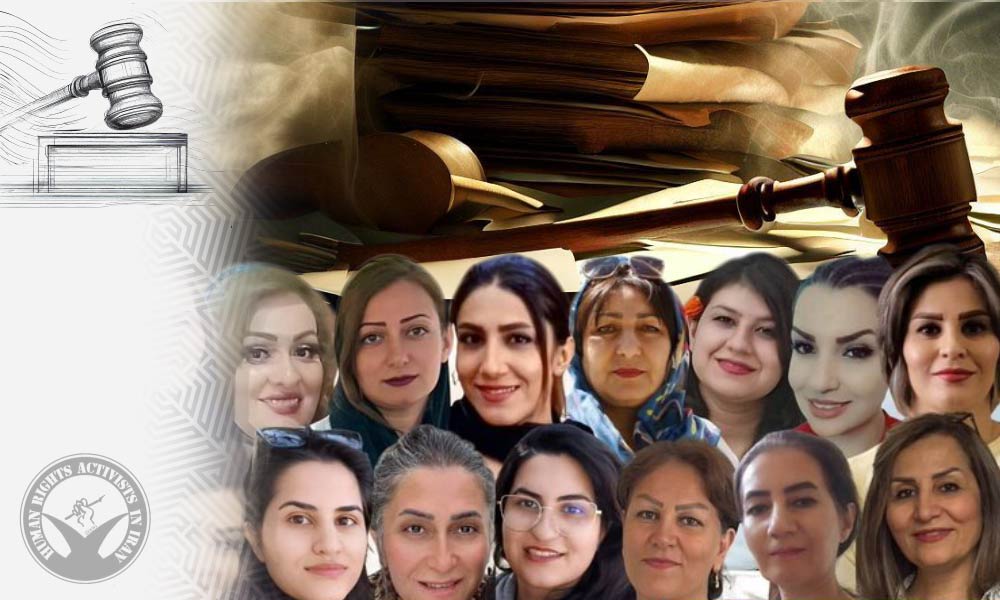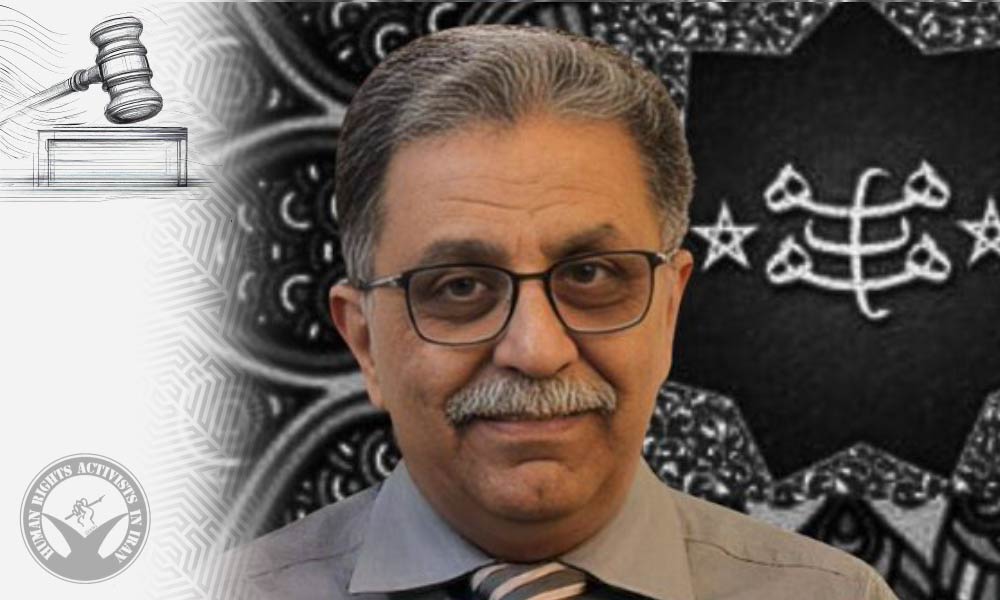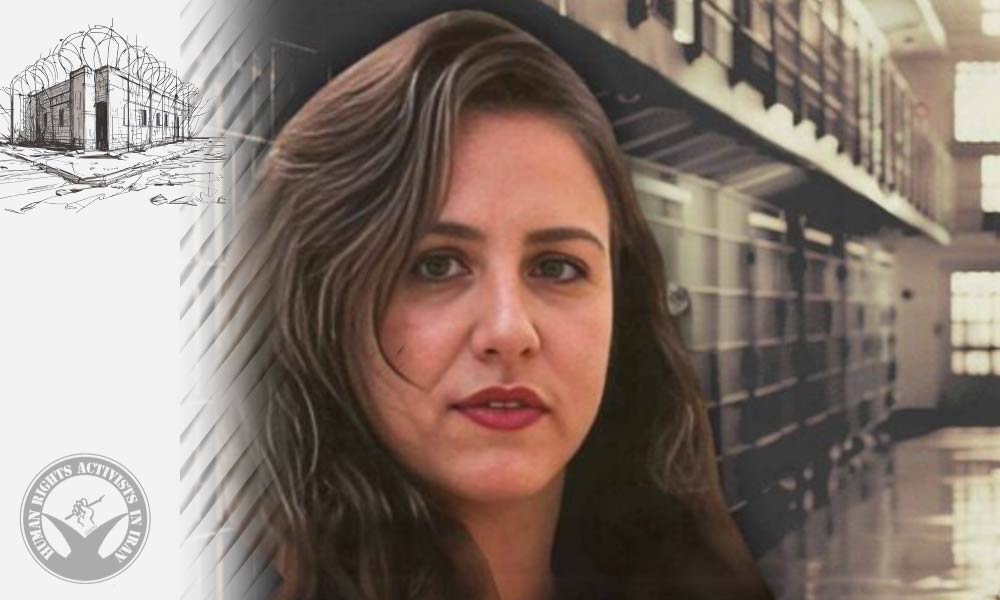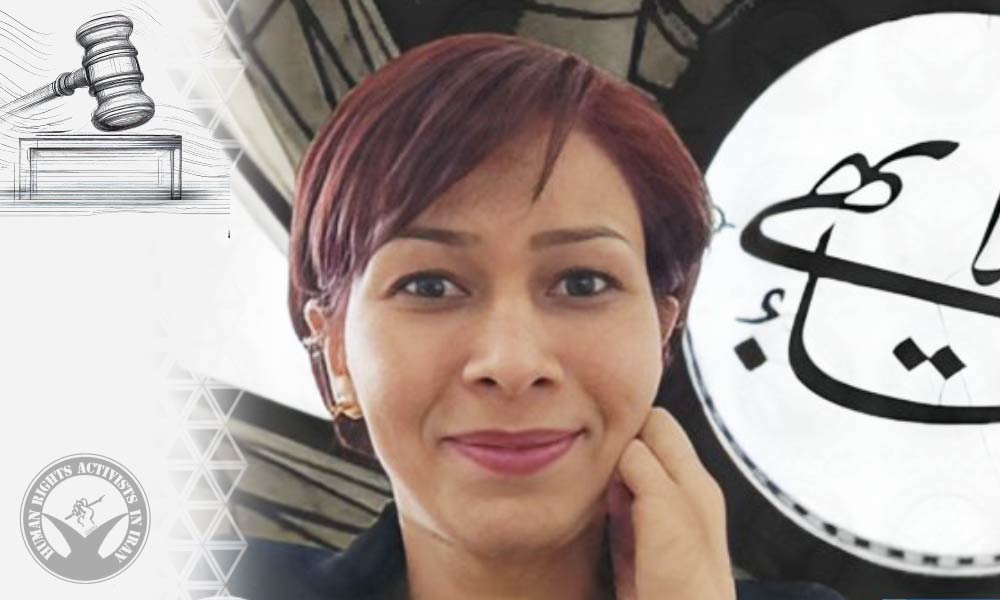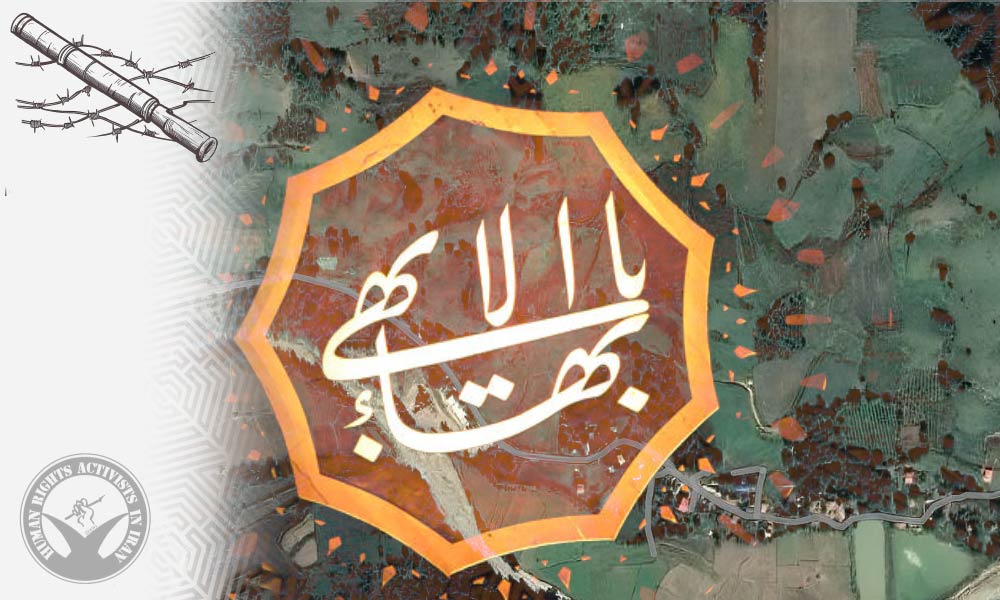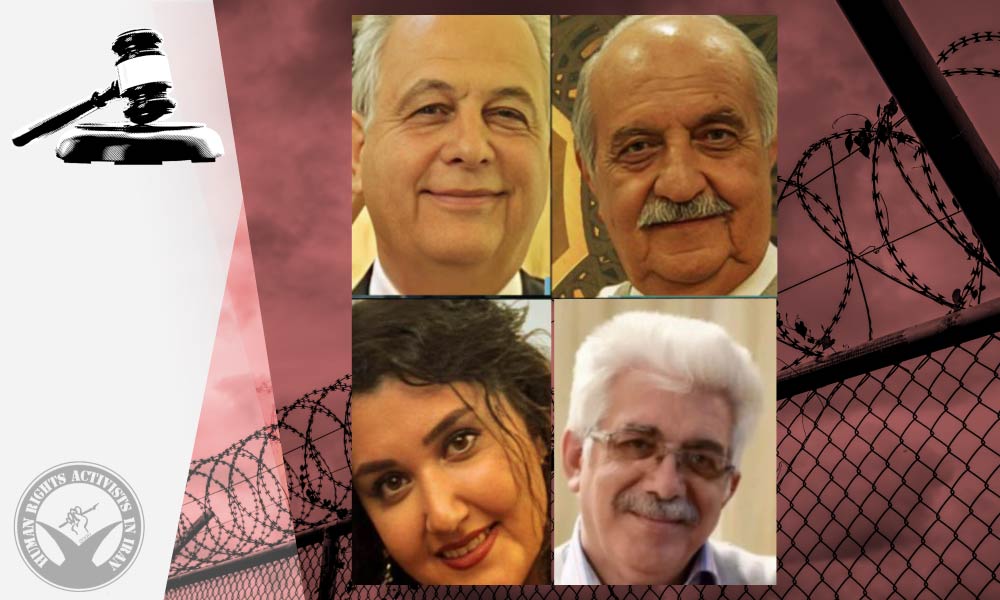Arshia Rouhani and Hamid Monzavi Joshaghani, Bahai citizens residing in Isfahan, were sentenced by the Revolutionary Court of this city to five years in prison each, fines, confiscation of property, and additional punishments.
Based on the verdict issued by Branch 1 of the Isfahan Revolutionary Court, presided over by Mohammadreza Tavakoli, each of these Bahá’í citizens was sentenced to five years of imprisonment, a fifty million toman fine, and a two-year ban on social media activity and leaving the country. Additionally, several copy machines, laptops, mobile phones, external storage devices, and scanners previously seized from these citizens’ places of business were confiscated.
The charges against these citizens were “propaganda against the regime” and “membership in groups or associations formed within the country to undermine national security.”
In September of 2023, two business units belonging to these Bahá’í citizens in Isfahan were sealed by the Intelligence Ministry officers for one month. Simultaneously with the sealing of their business premises, several personal and work items of these citizens were seized by security forces. They were subsequently summoned and arrested on October 30, 2023, to the Isfahan Prosecutor’s Office and released after one day on a bail of three hundred million tomans (approximately 6,000 dollars).
Arshia Rouhani has previously faced judicial action due to his beliefs.
Baha’is are subjected to violations of their religious rights, comprising 82% of reports on infringements against religious minorities, according to HRA’s 2023 annual report.
The Baha’i faith is not recognized as a legitimate religion by Iranian authorities, leading to systematic and longstanding violations of the rights of Baha’is in the country. This includes the denial of their fundamental right to practice their religion, which constitutes a clear breach of both Article 18 of the Universal Declaration of Human Rights and Article 18 of the International Covenant on Civil and Political Rights. The United Nations covenant holds that every person has the right to freedom of religion, freedom of converting religion, as well as freedom of expression, individually or collectively; openly or secretly.



